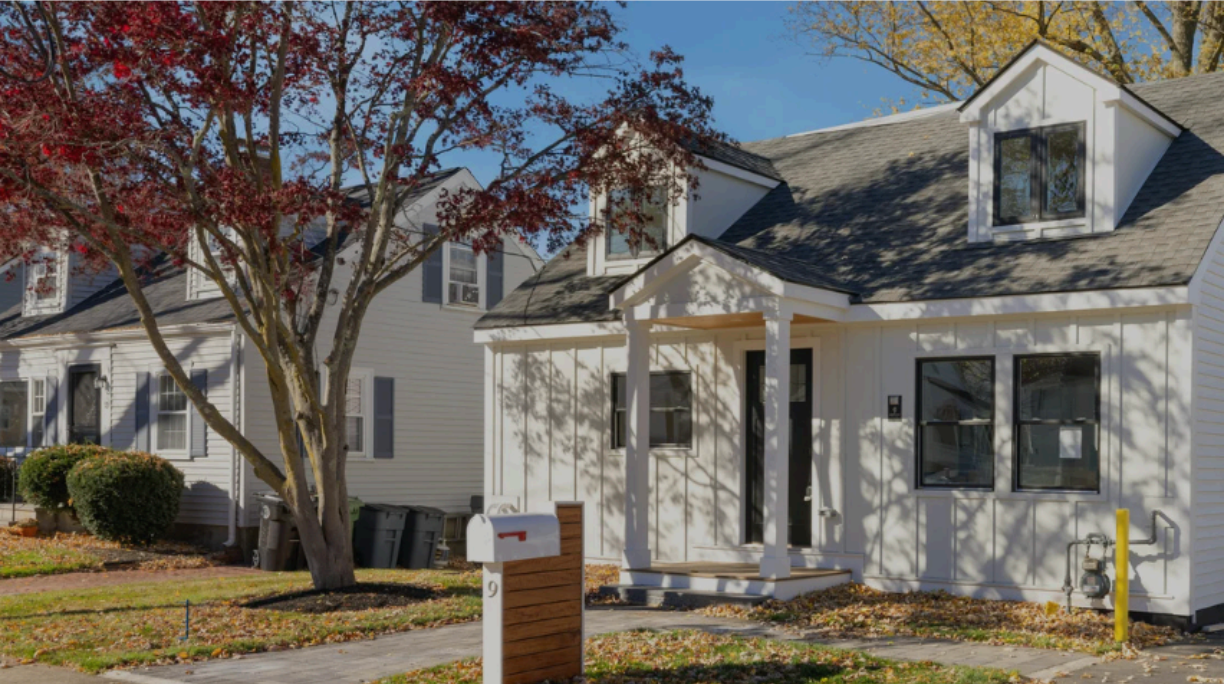Mortgage Deferral Agreements and Their Impact
This is a subtitle for your new post
CMHC's Fall 2020 Residential Mortgage Industry Dashboard discusses mortgage deferral agreements and their impact.
At the end of the second quarter, credit unions, mortgage finance companies (MFCs) and mortgage investment entities (MIEs) have allowed mortgage deferral agreements for about 6%, 7% and 7% of their respective residential mortgage portfolios.
Chartered banks have allowed 16% of mortgages to go into deferral since the beginning of the pandemic. Of these, close to 2 out of 3 borrowers had resumed payments on their mortgages at the end of the third quarter of 2020. In the coming months, we could see higher delinquency rates if some borrowers are unable to resume their payments; these mortgages will have to be booked as arrears.
These deferral agreements have affected financial institutions’ cash flows, with reductions of:
4% in scheduled mortgage payments
3% in non-scheduled payments (accelerated monthly payments and lump-sum payments)
While remaining at low levels, mortgages in arrears (90 or more days delinquent) have increased slightly between the first and second quarters of 2020 from:
0.24% to 0.26%, on average, for chartered banks
0.23% to 0.25%, on average, for non-bank mortgage lenders
We also observe an increase in early-stage delinquencies (31 to 59 days and 60 to 89 days), which suggests that arrears could continue on an upward trend.
Source: CMHC





